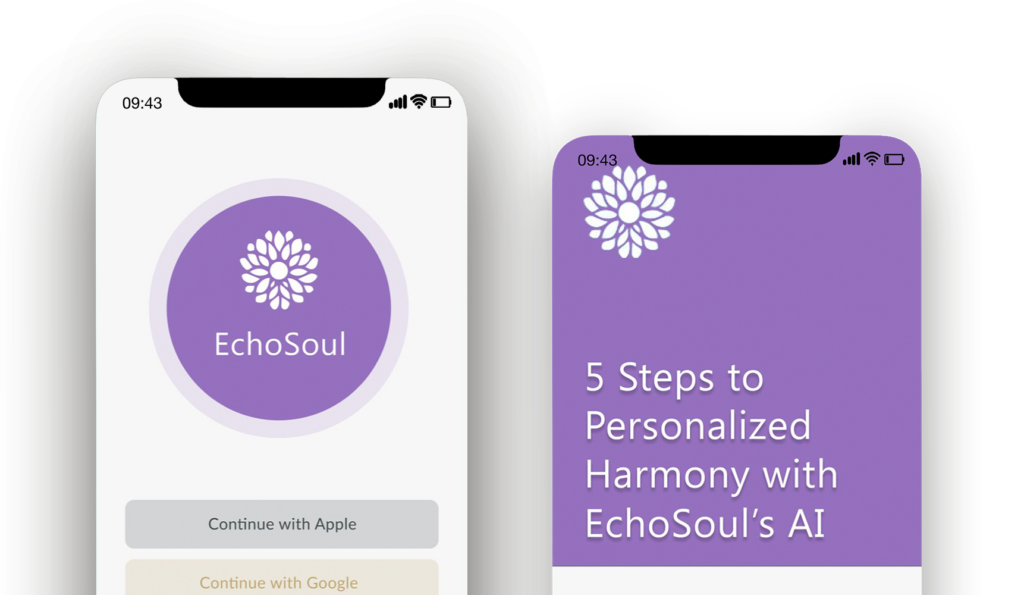We can often find ourselves connecting with others solely through screens, whether it’s scrolling through social media, texting, or hopping on video calls. While these interactions can help maintain friendships, there’s something irreplaceable about actually meeting up in person and spending quality time together. For those who work from home and don’t have daily face-to-face interactions, it’s even more crucial to prioritise time with friends. Fostering mutual interests by exploring new activities or hobbies together can deepen bonds within our romantic and platonic relationships and positively impact both our mental and physical health. Let’s consider 26 year old South African project manager Jacob’s experiences.
Jacob and his friends used to meet up occasionally, but most of their interactions were through group chats and social media. One day after one of the group was feeling down after breaking up with his girlfriend, they decided to shake things up by trying out some new hobbies together. First they had a go at climbing at a local climbing wall, then decided to take it to the next level and booked a weekend trip to the mountains. This weekend proved to be a great bonding activity, reminding them all why they had become friends in the first place and sparked a renewed sense of connection among them. They discovered new things about themselves and each other, and all agreed they hadn’t had so much fun since the days they first met at college in their late teens. It wasn’t just about the climbing it was about the deeper connection that came from spending time together in person.
Fostering mutual interests gives friends an opportunity to reconnect on a more meaningful level. It’s easy to fall into a routine of “virtual friendships,” but sharing experiences face-to-face allows for richer conversations, stronger bonds, and moments of spontaneous laughter that can’t be replicated online. And for people who work from home, meeting up with friends for a hike or trying a new sport is a much-needed break from the isolation that remote work can bring.
One of the most important benefits of engaging in shared activities is the impact it has on mental health. Spending time outdoors, whether it’s walking in the countryside or trying out a new sport with friends, has been shown to reduce stress, improve mood, and increase overall well-being. Nature has a way of calming the mind, and when you add the joy of spending time with people who matter to you, it creates the perfect antidote to the stresses of daily life. Whether it’s the fresh air, the physical activity, or the conversations that flow naturally during a long walk, these moments become vital for maintaining mental balance.
There’s also the physical health aspect to consider. Exploring new sports or outdoor activities not only keeps you active but also makes exercise feel less like a chore. When you’re engaged in a shared interest, whether it’s a friendly game of tennis or a hike with breathtaking views, you’re less focused on the physical effort and more on the fun and connection you’re building with others. Regular physical activity, especially in a social setting, improves cardiovascular health, boosts energy levels, and releases endorphins that leave you feeling happier and more fulfilled.
For those working from home, this kind of social interaction is even more essential
For those working from home, this kind of social interaction is even more essential. Without the daily buzz of an office, many remote workers can feel isolated or disconnected. By fostering mutual interests and planning regular meet-ups, you not only fill the social gap but also give yourself a sense of belonging and purpose beyond work. Engaging in activities like sports, hobbies, or simply walking through nature can be a way to reset your mind and bring balance to your routine.
It’s easy to fall into the habit of staying home, working alone, and relying on virtual communication to stay connected, but taking the time to foster mutual interests can bring new life to friendships and improve your overall well-being. Whether it’s finding a shared hobby, trying out a new sport, or simply making time to walk through the countryside with friends, these shared experiences can strengthen bonds in a way that virtual interactions simply can’t.
Jacob’s story is a reminder that friendships thrive when they’re nurtured. It’s not just about trying new things, it’s about the joy and connection that comes from doing them together. By prioritising time with friends and making an effort to engage in mutual interests, you’re investing in your mental and physical health, and building stronger, more meaningful relationships. So, the next time you’re tempted to stay in and scroll through social media, consider reaching out to a friend and planning an adventure. The rewards are far greater than what you’ll find on a screen.







